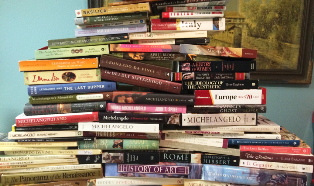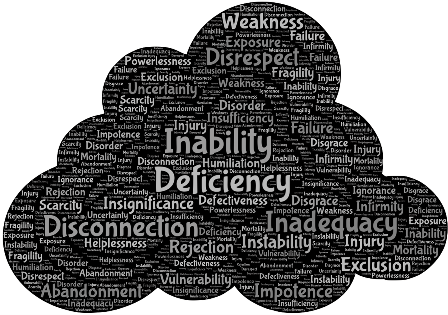What Mother's Day Offers Writers

What Mother’s Day Offers Writers
Yesterday was Mother’s Day. I lost my mom over a decade ago and the loss never truly goes away. I thought of her and deeply missed her. And, as I often do, I thought about writing and how my loss – and the emotions attached to that loss – could relate to my characters. Am I fully using my experiences? Do I include these emotions or tap into them for maximum impact in my writing?
The answer in this case is no, not really. In my poetry, I have written about and delved into loss, like this:
“Love isn’t only what we have while we’re alive.
It’s the strength we’re given to stay behind,
and say goodbye.”
-from “Last Lessons,” in Paper Bones by Sherry Rentschler (c) 2013
But what have I done with my emotions that benefits my creative writing? I must respond by admitting that my fiction has not benefitted. Yet.
This then is the perfect time to examine what the loss of a mother (or any family member) brings to your writing repertoire and what you can do with your experience. It’s all about writing what you know, yes? This is the perfect holiday to take advantage.

In life, we have relationships with our mothers that go from blissfully solid to teenage terrible, from retrospective to lonely, to bordering on abuse or even murderous. Each person has within them a myriad of emotions that are useful, necessary, and invaluable to your writing. Do you use the “mother influence” to challenge or grow your character? Does the mother offer insight into the current state of being for your character? Does the holiday set your character up for laughter or sorrow? Are you a modern mother or a retro one?

Real examples can highlight the character emotions and moveyou from telling into showing. Baking together, learning to sew or cook, going to work with, sharing a business, teaching moments, playtime, each and every single experience adds depth to characters. Don’t forget simple things like making a lunch, giving a handmade gift, or simply sitting in the grass and watching the ants go by.

In the death of a mother, we can find regrets for things unsaid or undone, or worse, for things we did say or do. Death sadly provides an opportunity to discover unexplainable lost treasures in the home or in the mail. We discover secrets of personalities that never manifested when the mother was living. We know emptiness, frustration, fear, separation, as well as relief and joy. Our every sense is engaged. The lingering smell of perfume or stale flowers. The soft favorite sweater left on a chair. The many pictures lining the buffet or the dresser. Favorite movies highlighted in the TV guide. Homemade jam in the refrigerator.
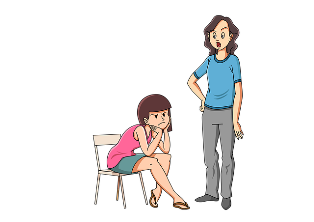
Again, take the time to show character through activities related to the mother. Going through a jewelry box after a funeral, opening leftover mail, finding an old journal, speaking to siblings or other secondary family members, even neighbors offers insight. Use reality to spark life to the moment.
The how and why of each and all these various feelings are important to your writing. You can examine what you feel by giving your characters outlets to express them for you. You’ve heard the expression to “discover what scares you and write that.” Familial holidays set up this scenario perfectly.
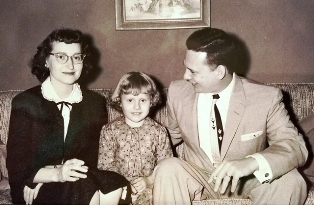
In my case, I’ve realized that I have not used the mother influence to its best advantage. I am now writing fiction where my character became a mother and is facing a vault of new emotions. Though I am not a mother myself, I have a role model in my mom that gives me all the fodder I need. And I have the loss of my parent(s) to fill in the emotions I must experience for true-to-life drama.
Yes, loss requires I go deep and refresh old, painful memories and feelings. Yes, it is going to hurt to go there. And I believe that doing so will give my writing a truth the readers will relate and respond to because I dared to write it. My daring will allow my readers to feel enabled to go with me and perhaps tap into their private emotions too.
On a lighter note, I hope you and your families all enjoyed a Happy Mother’s Day. I hope you had another chance to express your love, give a hug, share a token of affection. Take none of those free moments for granted lest they be gone forever and you lose your chance.

But if you spent the day in memory and reflection, if you wandered into a cemetery or visited a grave (even in your mind), I hope the emotions were touchable and brought you happy tears.
Please use what you have to give life and breath to your characters. Be bold, be honest, be real. Your characters have/had mothers too. Do not let an opportunity to understand them pass us by.
RESULTS OF THE FREE EDITING OFFER:
Last month during my Fireside with the Phoenix live chat, I offered viewers of the chat, receivers of my newsletter, and members of my street team, a chance to have free editing for any writing project. I was excited to be able to make this offer and I hoped to read some very wonderful pieces and forward something exciting to an editor/friend, maybe even discover a fresh, new writer.
Unfortunately not a single person participated in this free offer. Initially I was sad and dejected and then I had to shake my head. Never, ever in my years as a writer have I ever been offered a chance at FREE editing. Had I received the chance, you can bet your bottom dollar that I would have JUMPED on such an opportunity.
I understand you may not have thought my offer worthy or even a good deal. I assure you that it was. My hope is that you may find another chance at a like gift in the future. Sadly, I will not be offering this giveaway again.
Finally, look for my next Facebook Live Chat on May 26. And the monthly newsletter will be headed out a few days after. Have you signed up yet? There’s a link on the right….
Thanks for stopping by!
I remain, Yours Between the Lines,
Sherry
















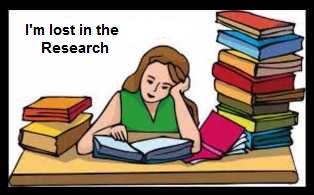

 There’s too much to learn and I just want to write. ~Chrystal, TN
There’s too much to learn and I just want to write. ~Chrystal, TN